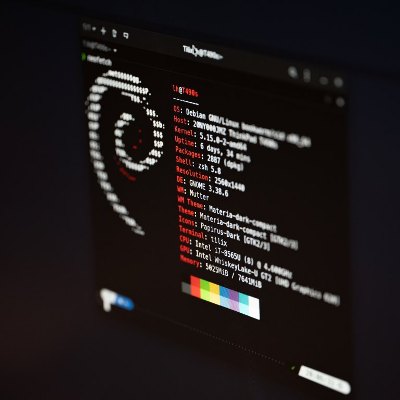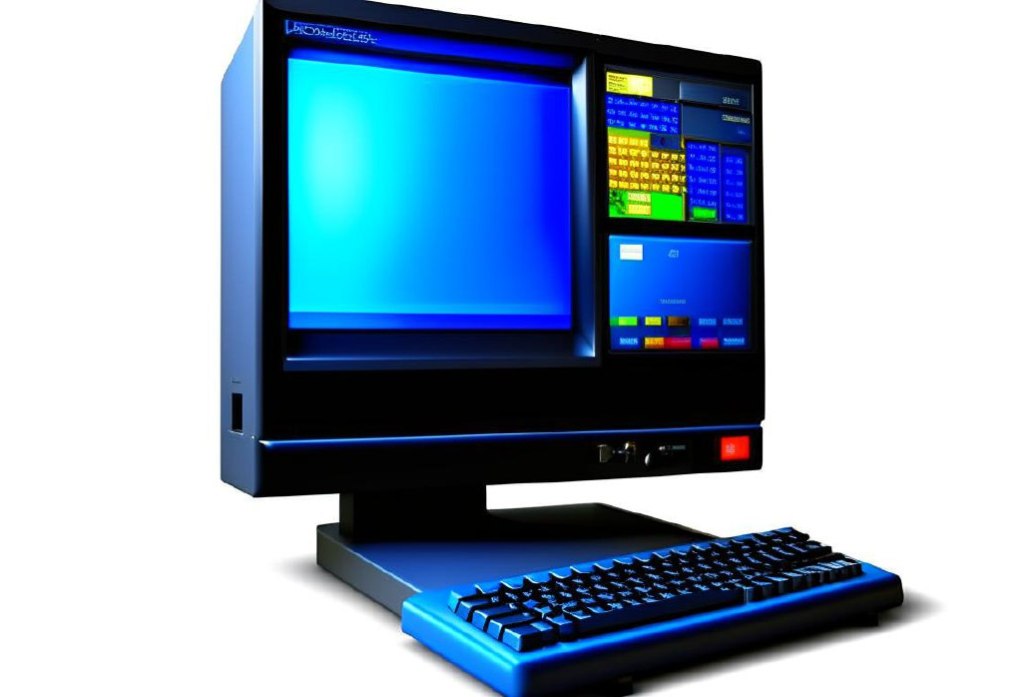 For many years, like many other users, I used the Windows operating system and was satisfied with it. However, over time, gaming took a back seat (and there are significantly fewer games available for Linux), and I found myself needing a stable and reliable operating system. That’s when I turned to Linux.
For many years, like many other users, I used the Windows operating system and was satisfied with it. However, over time, gaming took a back seat (and there are significantly fewer games available for Linux), and I found myself needing a stable and reliable operating system. That’s when I turned to Linux.
Why Linux?
The answer is simple: Windows has a plethora of games, which used to consume a lot of my free time, macOS didn’t quite suit me, but Linux turned out to be exactly what I needed. The essential functions work well, even though the interface may feel a bit less polished. I’ve tried various Linux distributions, including Ubuntu, Fedora, and lightweight versions, but each had its quirks. Ultimately, I had to embrace the truth of the Dark Side:
Linux is not like Windows; you can’t just install it and forget about it. It adds an extra cognitive load, which piques my personal interest.
In the end, I settled on Debian as my Linux distribution of choice. It seemed the most user-friendly and convenient for me. However, desktop customization is left to personal preference. The standard Debian net installer allows you to choose from several desktop environments, including Gnome, Gnome Flashback, Xfce, LXDE, LXQt, and a few more.
How practical is Linux in real life?
For a home computer primarily used for media content consumption, web browsing, and word processing, Linux is more than suitable. By installing additional software (and there is an abundance in the standard repository), you can easily turn your computer into a graphic workstation, a multimedia video and audio processor, and with some tweaks, even a full-fledged gaming machine.
Yes, Linux has its own games, but they tend to be older and less captivating. However, by installing compatibility layer applications, you can run modern Windows games. The only challenge may be setting up these compatibility tools and porting the games.

What might be inconvenient for users? First and foremost, the process of installing software and configuring software repositories is done exclusively through the terminal. The terminal can seem intimidating at first, but with skillful use, it can become a powerful and intuitively understandable interface that allows you to customize the system to your liking, even down to changing kernel parameters.
Conclusion
What I want to convey is that Linux is not just for programmers and hackers, as it is commonly perceived. For instance, I am a sales manager who also works as a part-time copywriter, dealing with large volumes of information and graphics. In this context, the Linux system delivers excellent performance. How convenient or inconvenient Linux is for you personally is a matter of your specific needs and preferences. Feel free to share your thoughts in the comments.
